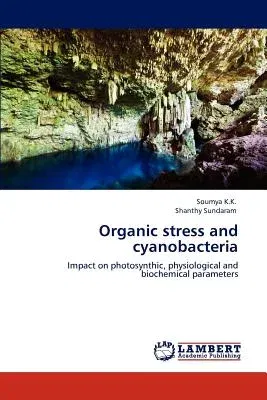Soumya K K
(Author)Organic Stress and CyanobacteriaPaperback, 10 April 2012

Qty
1
Turbo
Ships in 2 - 3 days
In Stock
Free Delivery
Cash on Delivery
15 Days
Free Returns
Secure Checkout
Print Length
200 pages
Language
English
Publisher
LAP Lambert Academic Publishing
Date Published
10 Apr 2012
ISBN-10
384844691X
ISBN-13
9783848446919
Description
Product Details
Authors:
Book Format:
Paperback
Country of Origin:
US
Date Published:
10 April 2012
Dimensions:
22.86 x
15.24 x
1.17 cm
ISBN-10:
384844691X
ISBN-13:
9783848446919
Language:
English
Location:
Saarbrucken
Pages:
200
Publisher:
Weight:
299.37 gm

